Pro²Future explores how cobots can communicate more effectively with humans in industrial settings
The increasing integration of collaborative robots (cobots) in manufacturing environments presents opportunities for improved efficiency and flexibility but also introduces new challenges in human-robot interaction. As cobots operate with a degree of autonomy, users can experience uncertainty or mistrust, especially when the robot’s behavior is unexpected. Addressing this gap, Pro²Future has initiated foundational research into adaptive explainability, how cobots can explain their actions in a context-sensitive and user-centered way.
As part of a FemTech initiative supported by the Austrian Research Promotion Agency (FFG), Pro²Future conducted a qualitative user study to understand how explanations from cobots can be better aligned with human expectations. This study represents a critical step toward building intelligent cobot systems that foster trust, transparency, and collaboration fluency in manufacturing.
In a controlled lab setting, participants interacted with a cobot performing assembly-like tasks that occasionally deviated from expected behavior (e.g., delays or delivery errors). Researchers used think-aloud protocols, interviews, and physiological measurements (such as pupil dilation and heart rate via eye-tracking and wearable sensors) to capture cognitive and emotional responses.
Key Findings
- Users consistently valued timely, clear and easy-to-understand explanations.
- Preferences included simple visual cues (e.g., light signals) and textual prompts over more complex feedback.
- The demand for situation-aware guidance was especially high during unexpected events.
These insights emphasize the need for cobots to dynamically adapt their communication style, choosing the right timing, content and channel based on the task and user context.
Business Impact
By advancing adaptable explainability mechanisms, Pro²Future is contributing to the development of more trustworthy and efficient cobot systems. This is particularly relevant for industries striving for high productivity and safe human-machine collaboration on the shop floor. Integrating user-centered design into robotic systems can lead to higher acceptance rates, reduced training time and greater operational resilience.
Download the full Success Story here.
Project Partner: JKU LIT Robopsychology Lab
Scientific Lead: DI Dr. Ouijdane Guiza ()
Funding: FFG FemTech, COMET Programme (Project No. 915105)

